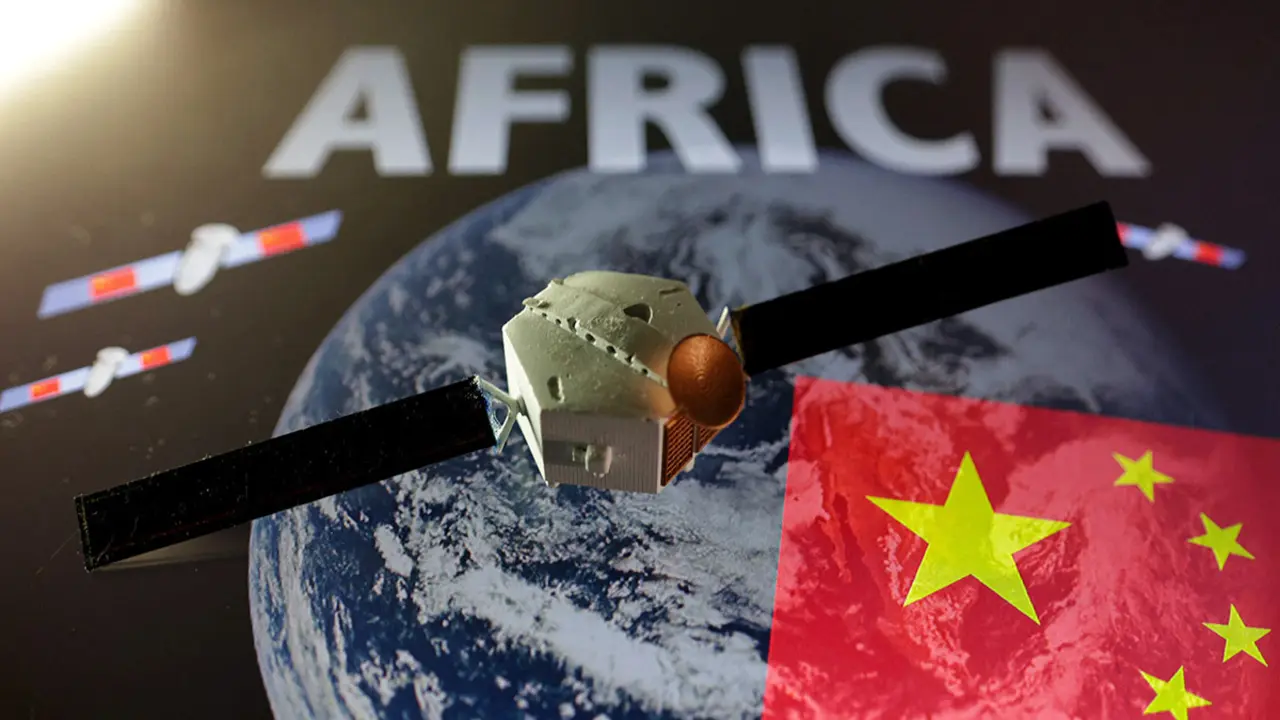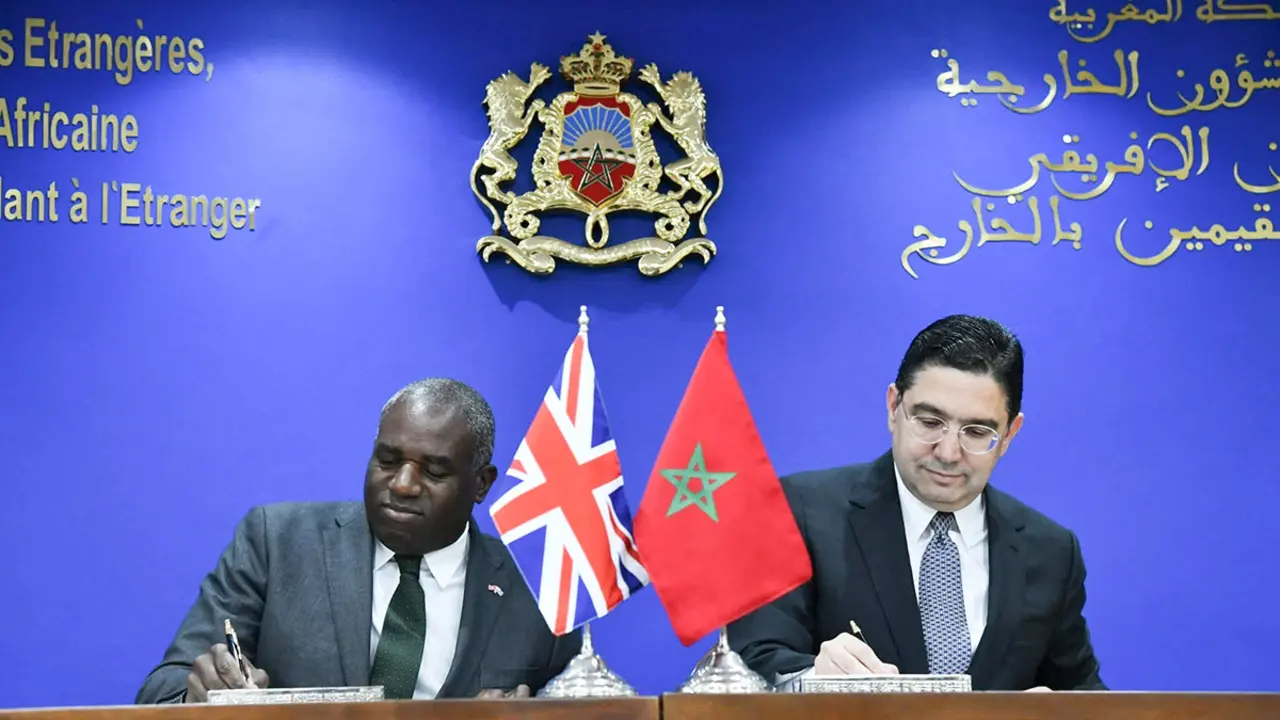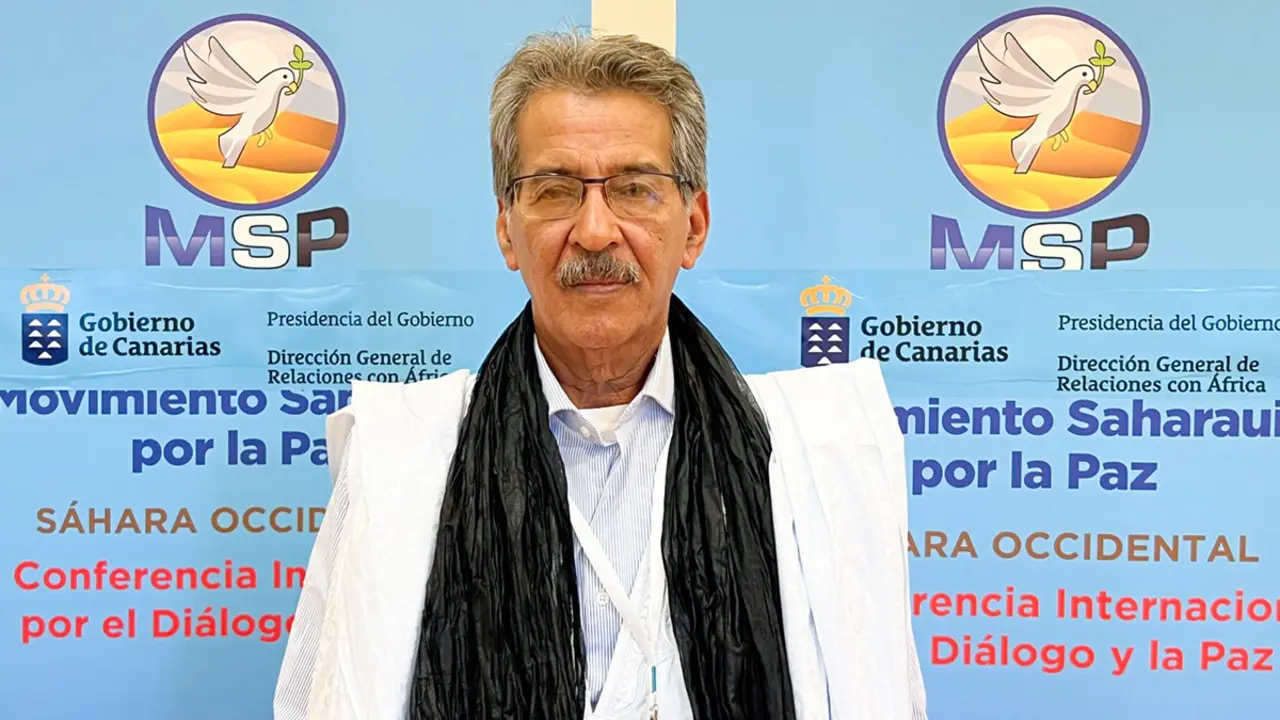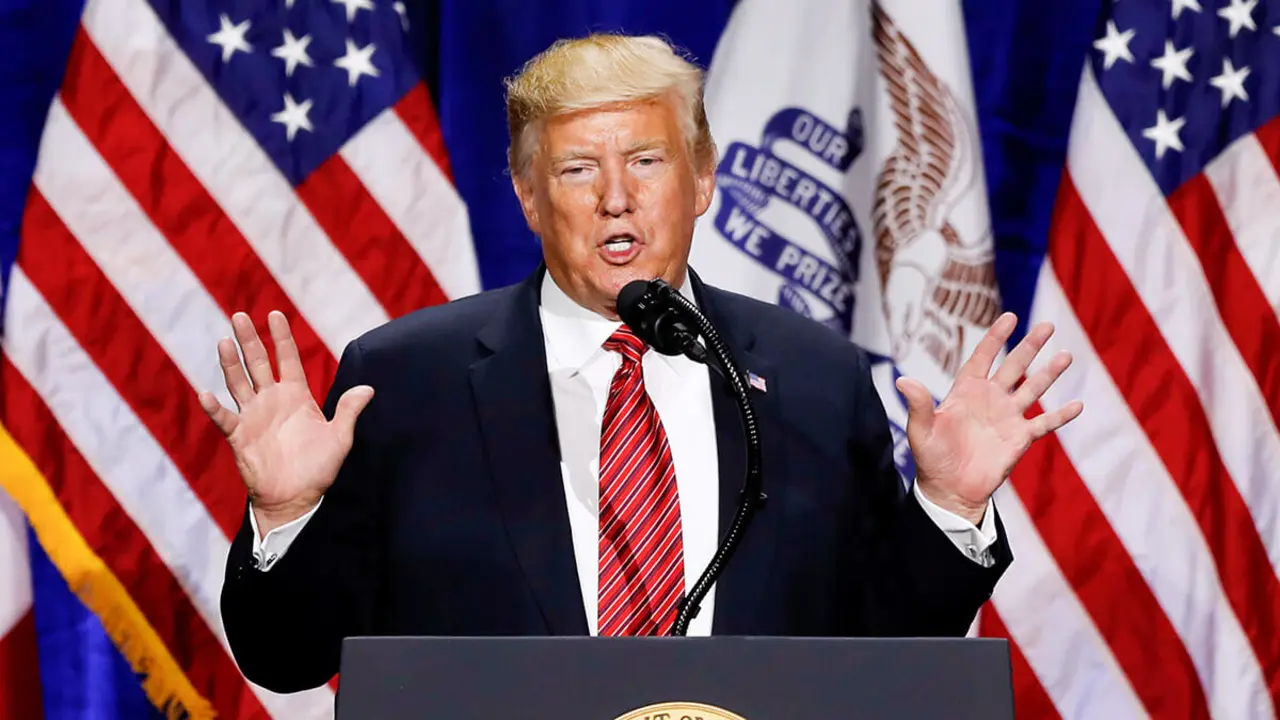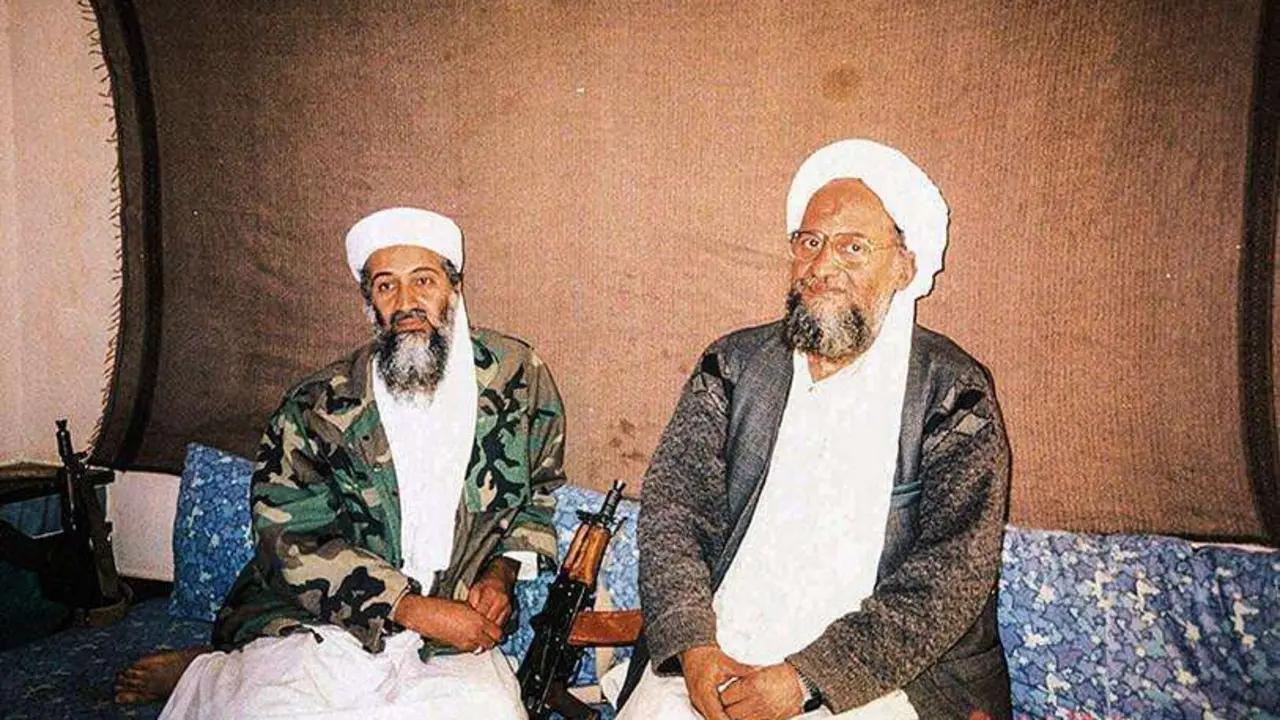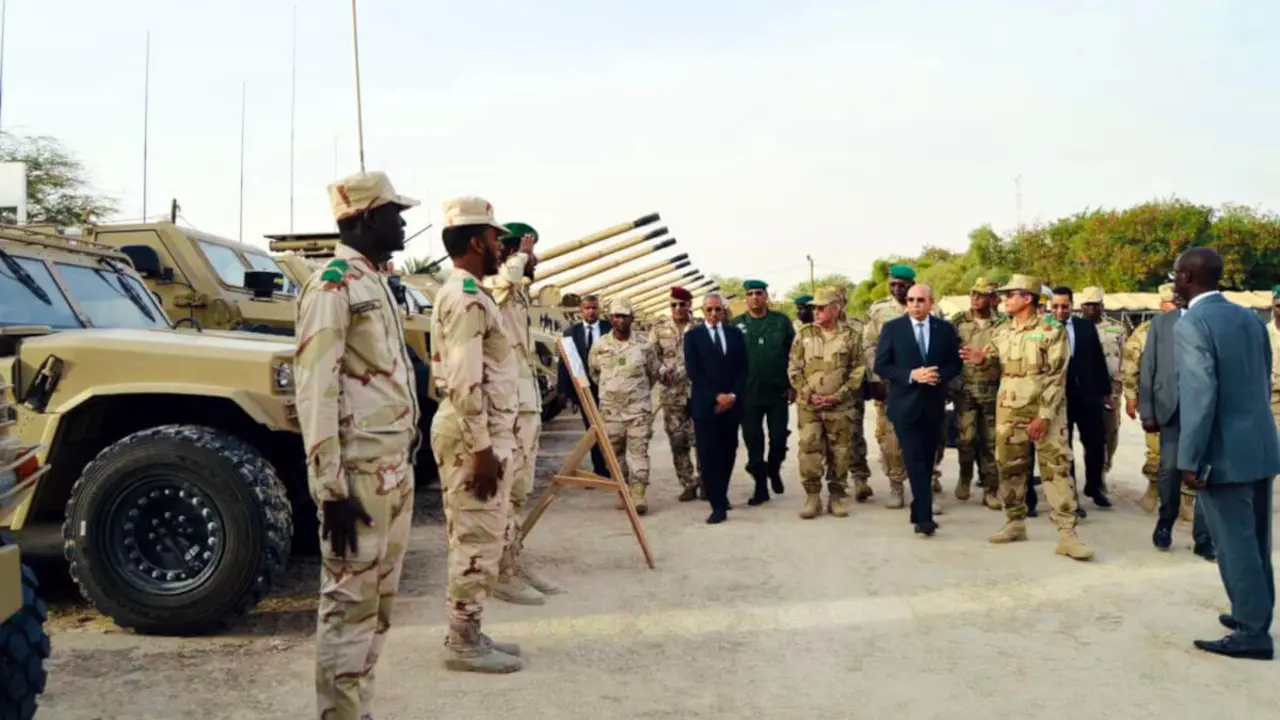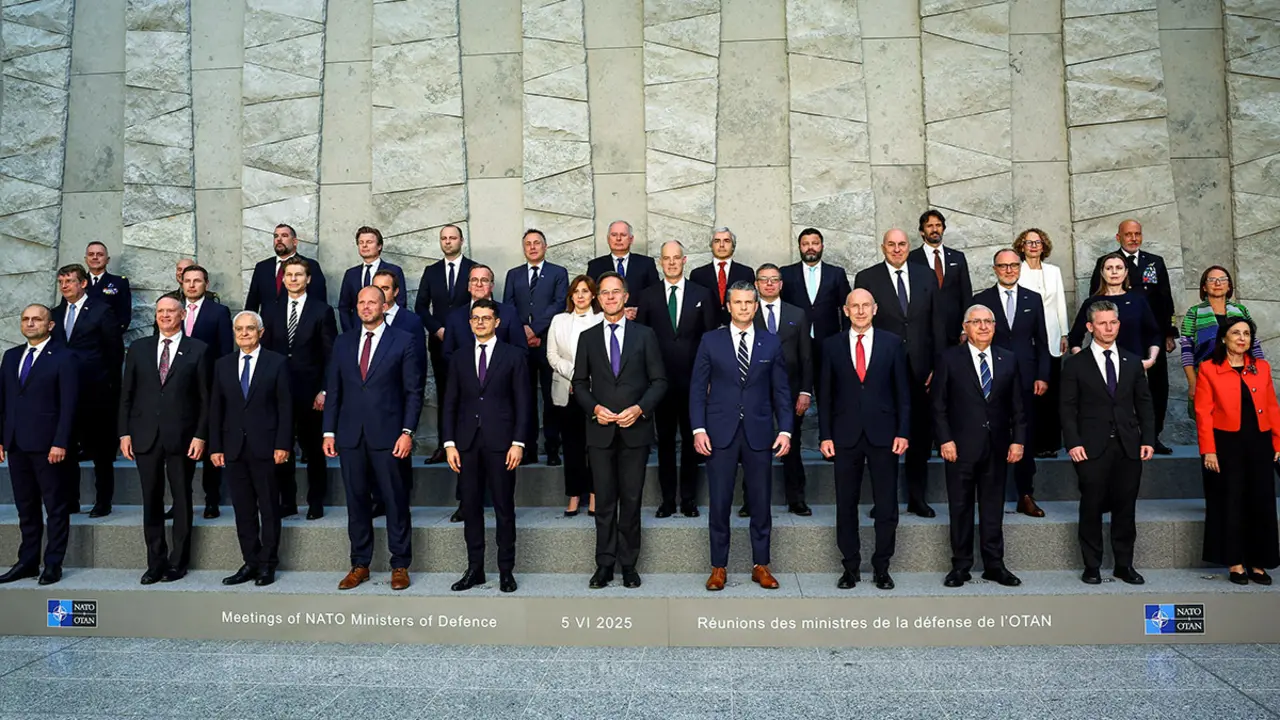A supermarket, Iran and Venezuela's new gesture of defiance to the United States

Iran opened a huge supermarket in Venezuela on Thursday as part of its growing relationship with the Caribbean country and in a clear gesture of defiance by both nations of the United States, with which they have serious ideological differences.
The more than 3,000 products on sale and their distant origin attracted hundreds of consumers from the middle-class neighborhood Terrazas del Avila, located in the Mirandina municipality of Petare, which also houses Venezuela's largest slum and is part of the Capital District of Caracas.
"This is a win-win relationship," said Iran's deputy minister of industries, Issa Rezaei, through a translator, after pointing out that the Persian country's interests in Venezuela, with the opening of the supermarket, are "economic", in a video broadcast by Venezuelan public television. "And economic interests know no limits, no barriers, no sanctions, they simply seek their own way," he added.
Iran and Venezuela have said that U.S. sanctions against officials and companies in their countries affect their economies and torpedo trade and international law.
The Caribbean country was for years one of the United States' biggest allies in the region, but with the arrival of the late President Hugo Chavez to power in 1999, the historically good relationship turned 180 degrees.
Currently, the United States does not recognize the legitimacy of Chavista Nicolás Maduro as president of Venezuela and transfers it to the head of Parliament, Juan Guaidó, as well as another 50 nations.
The longest running confrontation between the United States and Iran reached a high point last January, when the government of Donald Trump ordered the assassination by drones at an Iraqi airport of top official Qassem Soleimani.
At the end of May, Iran sent five ships with gasoline to Venezuela in the midst of the severe fuel shortage suffered by the Caribbean nation, which unleashed speculation about possible U.S. force actions to prevent the exchange.
Last day, as in May, Venezuela defended its right to international trade and thanked the Iranian cooperation, whose first modern approaches were made by Chávez and former President Mahmoud Ahmadinejad in 2006.
"There is no blockage that is worthwhile when the will of the people is focused, concentrated, determined and determined to independence, freedom, and the defense of sovereignty," said Venezuela's Vice President Delcy Rodriguez during the inauguration of the supermarket.
"Here we unite two countries that are building a different world, a world without the racial supremacism that today is taken in the White House, this is the new world, a world of multiple poles, a world of deep respect for international law, for free trade," added the official, who was sanctioned in 2018 by the United States and the European Union.
On Friday, Efe found that hundreds of shoppers at Megasis supermarket -which operates an extensive network with over 700 stores in Iran- were curiously analyzing products such as garlic-based shampoos, dried fruits -not very common in Venezuela- or vegetable jams. But the most purchased foodstuffs were local, such as corn flour from Alimentos Polar, Venezuela's largest private producer. Also sold are tires, household items, lingerie, clothing, meat, cereals, candies and dairy products, among others.
Unlike other establishments without state participation, prices are expressed in U.S. dollars, a currency that has de facto displaced the local and devalued bolivar, and were similar to those already seen in other supermarkets, despite the fact that state television has insisted on "the sales" offered in Megasis.
The Venezuelan vice president also said that the supermarket is an initiative of Iranian and Venezuelan businessmen, which had the strong support of both governments. But Venezuelan state-owned companies, such as Lácteos Los Andes, also exhibited their products. According to Iran's ambassador to Venezuela, Hojjatola Soltani, 30% of the available space is dedicated to Venezuelan products and entrepreneurs.
Likewise, the Iranian government hopes that the opening of the supermarket will later help it to exchange agricultural products such as bananas, mangos and coffee, and even wood and minerals, two abundant resources in Venezuela. "This way we can bring more Iranian products and complement each other," Rezaei said, always through a translator.

